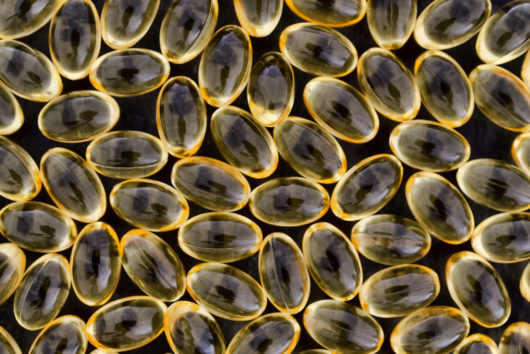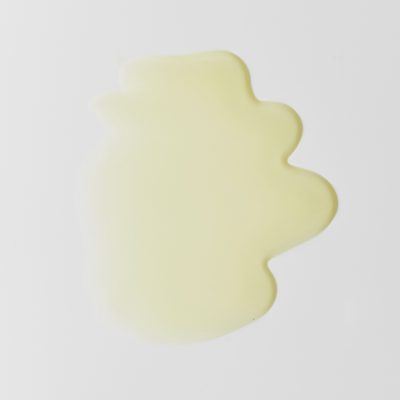You’ve probably come across retinol on an ingredient list, or heard about it as an all-star anti-aging or acne-fighting ingredient. We’re here to break down what it is and why it’s one of the most recommended over the counter skincare ingredients.
What is retinol?
Retinol belongs to a class of substances called retinoids, which are derived from vitamin A, a substance our bodies cannot produce naturally. It has been used for decades to treat acne and decrease signs of aging, mainly sun damage, fine lines and hyperpigmentation. Retinol itself is a reformulated, weaker version of prescription-strength tretinoin. It’s most commonly found in nighttime serums and creams. Emphasis on nighttime! Aka retinol is not to be used during the day.
How does retinol work?
Retinol prevents the breakdown of collagen, while simultaneously encouraging rapid cell turnover in our skin. Some believe that retinol thins the skin, but it actually works to thicken the subcutaneous layer of the skin, which is where wrinkles originate. Retinol works two ways on hyperpigmentation, or dark spots, on the complexion: It removes dark pigmentation while curbing the production of melanin, which is what causes dark spots.
As an acne treatment, it effectively unclogs pores by removing the dirt, oil and bacteria responsible for breakouts. By clearing debris from pores, retinol also ensures that other helpful, acne-fighting ingredients can reach deep into our skin.
Why can’t I use retinol any time of day?
We’re all about taking care of our skin — morning and night, but you should only be applying retinol at night. Retinol helps to reveal delicate new skin, which in turn, is very vulnerable to the sun (even if you’re wearing SPF). In general, it doesn’t do well when exposed to sunlight and air. Anything derived from vitamin A is likely to break down in daylight or with oxygen exposure, which is why the best retinol products are packaged in opaque, tightly sealed tubes.
Apply it at night after you’ve washed your face. In terms of how much? Apply a pearl-sized amount. A little bit of retinol serum goes a long way!
Is it safe to use for all skin types?
Like we said, retinol serves a multitude of purposes. Therefore, it is beneficial to a range of skin types! People that are pregnant or breastfeeding are the only ones we would advise against it. It’s always best to check with your doctor or dermatologist if you’re at all concerned about using something on your skin for the first time!







Great article! Will definitely check out this ingredient and incorporate it in my skin care regimen. I am curious if you have any brand &/or formulation that you can recommend? Please share since I am not sure where to go from here.
Hi Silvia! Yes, SLMD Skincare will be launching a product line in the next few weeks and I have a good feeling there will be a Retinol product in there! Do you mind if I add you to our list to make sure you know when the product is available?
I’m currently using .1% tretonoin. What face wash and moisturizer should I be using? What ingredients should I avoid?
Hello doc, is there any chance preggo using retinoid topical? (In any trimester)
I have cystic acne and just started using your line. The dermatologist put me on accutane couldn’t take it after the first month. Hoping this clears it up on my check. Apparently she said it’s caused from being in Peri menapause and hormones being all over